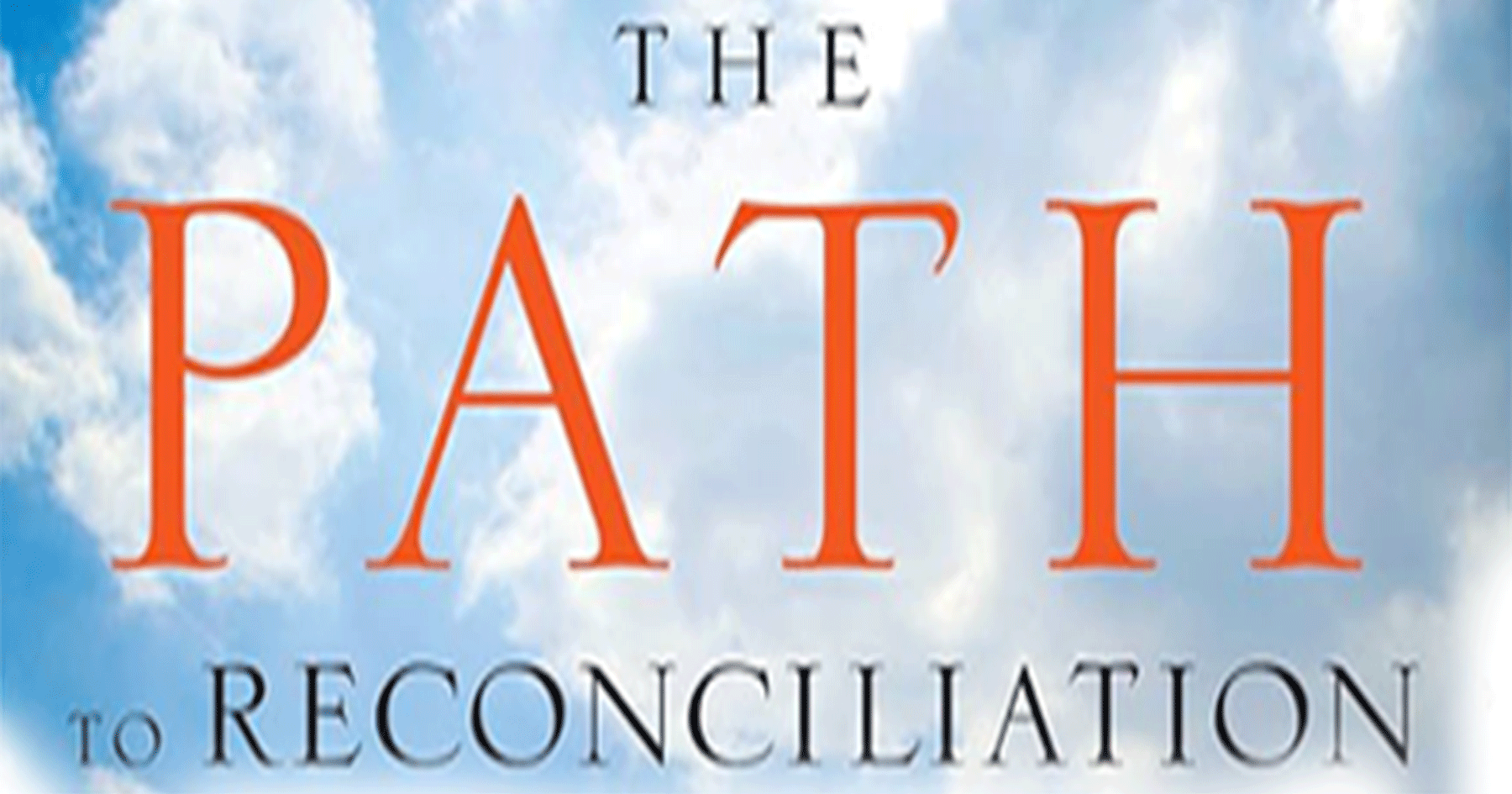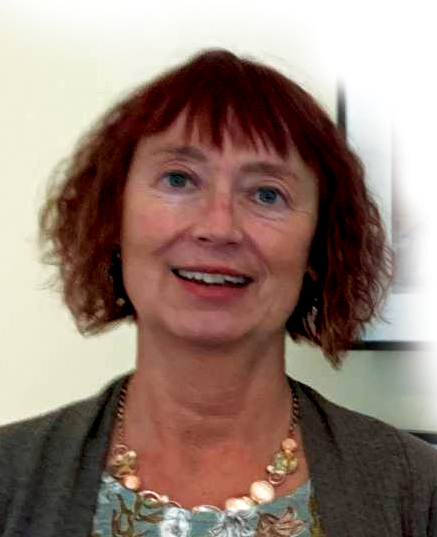First Steps Toward Reconciliation, Part 3 of 3
Survivor testimonies were gathered at seven events held in various Canadian cities between 2010 and 2014. Archbishop Hiltz joined Anglican and other church leaders in attending all seven events. Archbishop John Privett of Kootenay attended a regional event in Victoria in 2012 and a National event in Vancouver in 2013. These testimonies are also held at the NCTR.
For 150 years, European settlers wrote the history of the residential schools in Canada. With the gathering of documents, survivors can now tell their version of this history. Survivors’ stories have many sequels due to intergenerational trauma, which has led to high levels of substance abuse, lower levels of educational and social attainment, interpersonal violence, broken relationships between parents and children, and suicide.
TRC Commission Chair, Justice Murray Sinclair, said that Canada will be enriched by the stories of survivors. “Your story has the strength to ensure that what happened at the residential schools will never be repeated,” he told survivors.
Atonement for the causes: Fundraising for IRSSA
In the 2007 IRSSA agreement, the total settlement amount for the Anglican Church of Canada was $15.7 million, to be shared according to a formula among all 30 dioceses, with the Diocese of Kootenay’s share to be $275,000. The Diocese of Kootenay established the Kootenay Cares Fund, and the generous congregations of the diocese raised this amount over a five-year period from 2003-2008.
Action to Change Behaviour Fulfilling the TRC 94 Calls to Action
In 2015, the Truth and Reconciliation Commission published a report entitled Calls to Action. The Anglican Church has fully endorsed all 94 of these Calls to Action.
Number 45 calls for us to repudiate and renounce the Doctrine of Discovery. This doctrine was denounced at the 2010 General Synod (annual meeting of the whole church). The Church also committed to a major program of study on the impact of the Doctrine of Discovery on Anglican attitudes and actions over four and a half centuries. As a result, the documentary Doctrine of Discovery: “Stolen Lands, Strong Hearts” was released by the Anglican Church of Canada in 2019.
Numbers 43 and 44 call for us to endorse the United Nations Declaration of the Rights of Indigenous Peoples (UNDRIP). These calls to action were endorsed at the 2010 General Synod.
Number 61 calls us to establish permanent funding for community-led healing projects in consultation with Survivors and Aboriginal groups. To date, The Diocese of Kootenay has provided over $195,000 to such groups as the Little Shuswap Indian Band, Chase, BC; Okanagan Nation Transition Emergency House, Penticton, BC; and Okanagan Indian Band, Vernon, BC. These projects include programs to revitalize language, teach parenting skills, school music programs, art therapy programs, and community healing gardens.
Number 92 iii calls for the Diocese of Kootenay to engage in skills-based training in anti-racism.
In 2014, the diocese sent delegates to attend a national consultation of the Anglican Church of Canada held in Surrey, BC. Kootenay also sends delegates to Vancouver where the Diocese of New Westminster holds regular anti-racism workshops.
On June 8, 2020, all the Bishops of the Anglican Church of Canada signed a statement on racism, as follows: “As teachers of the gospel, we remind the world that Christ himself was crucified in part because of the threat he represented in standing with those who were marginalized. (Luke 6:20-28) We re-commit ourselves and our Dioceses to confront the sin of racism in all its forms and the patterns of silence and self-congratulation, which have silenced the experiences of people of colour, First Nations, Métis and Inuit peoples of this land.”
Number 24 calls for all medical and nursing schools in Canada to require students to take a course dealing with aboriginal health issues. In 2016, the Diocese of Kootenay funded a UBCO course called Cultural Safety in Health: Indigenous Perspectives. Our $30,000 donation was our share of a $2.7 million “refund” owed to the Anglican Church of Canada based on a clause in the agreement that linked our contributions to those of the Catholic Church. By 2016, the Catholic Church had raised just 15% of its $25 million goal and declared that they had no more money, thus reducing the total we were required to give.
Number 59 calls upon church parties to the Settlement Agreement to develop ongoing education strategies to ensure their congregations learn about their church’s role in colonization, the history and legacy of residential schools, and why apologies to former residential school students, their families, and communities were necessary. The hope being that this Knowledge Sharing event would be the first of more events to come.
Number 46 Calls for the renewal or establishment of Treaty relationships based on principles of mutual recognition, mutual respect, and shared responsibility for maintaining those relationships into the future. For over six decades, the Anglican Church of Canada has engaged with and supported issues of justice for Aboriginal persons, particularly land claims and self-determination.
In 1998, General Synod passed a motion to reaffirm its commitment to a just and speedy settlement of unresolved aboriginal claims and, through the Primate, urge the governments of Canada and British Columbia to conclude the treaty with the Nisga’a people, as expeditiously as possible, honouring all commitments already made. After 110 years of negotiation, the treaty was finally signed on May 11, 2000.
In 2017, the Diocese of Kootenay became involved with the The Ethics and Treaty Project, which facilitates annual conferences concerning the Columbia River Treaty. In 2015, a letter was sent to Prime Minister Stephen Harper and President Barack Obama signed by 17 American and Canadian faith leaders, including Archbishop John Privett, asking them to support the reopening of treaty negotiations regarding the damming of the Columbia River, because Indigenous rights and environmental issues had not been taken into consideration in the original 1964 agreement. Archbishop John Privett spoke at the Revelstoke conference in 2017, and Archbishop Lynne McNaughton attended the Castlegar conference in 2019.
Number 48 ii calls us to respect Indigenous peoples’ right to self-determination in spiritual matters. On July 6, 2013 the General Synod approved a new diocese called the Indigenous Spiritual Ministry of Mishamikoweesh (meaning “big beaver house” in Oji-Cree.) With its primarily indigenous identity, the new diocese will be a source of ministry responsive to the particular needs of First Nations communities—including the provision of services in Cree and Oji-Cree, as well as community-based responses to addictions, violence and suicide. Bishop Lydia Mamakwa says, “There is a lot of work yet to be done in areas of healing: our people have undergone so much pain and despair—and yet they still go on with their ministry and with their faith.”
Conclusion
Our understanding of healing and reconciliation encompasses the need for all of us to address the forces within our social structures and ourselves that perpetuate injustice and discrimination. We cannot change the past, and none of our apologies, money, committees, and conferences can make up for the legacy of unresolved trauma we have caused. All we can do is seek a new and life-giving way of living together as indigenous and non-indigenous Canadians.
For the Cree, the meaning of healing and reconciliation is this: “to be purified and made whole so that nothing is lacking in you, and relationships are at peace.” To the Lakota it means “nothing blocking health and life so that one can walk a straight road.” To the Inuit it means “taking a burden off your chest.” To the Siksika it means “letting go and lifting off burdens so one may rest before moving on.”
“Reconciliation is a way
of life and requires
work everyday.”
Governor General
Mary Simon




